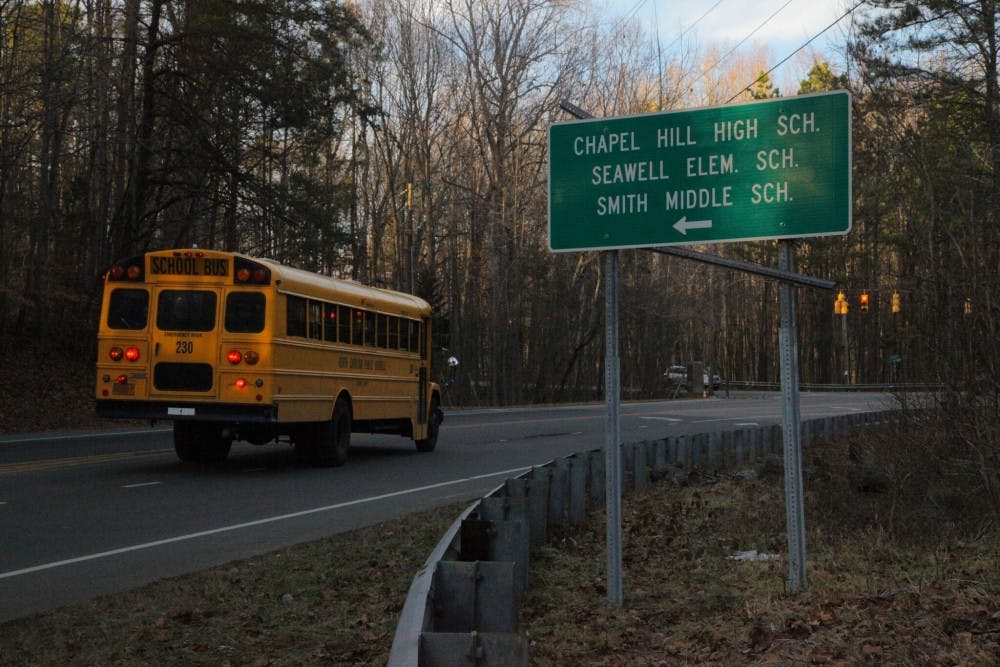Chapel Hill-Carrboro City Schools adopted a resolution at its Thursday board meeting to voice the members' desire to allow individual school districts to control calendars.
Public schools in North Carolina have been trying to restore their calendar flexibility. In 2004, the General Assembly adopted a bill to control the school calendars, applying a one-size-fits-all mandate. Under this bill, a school's start date may be no earlier than the Monday closest to Aug. 26 and end date no later than the Friday closest to June 11.
This measure was adopted in response to the state's tourism industry, which wanted school vacation dates to be fixed.
“It was driven by the tourism industry, especially down in Eastern North Carolina,” Jeff Nash, spokesperson for CHCCS, said. “It causes a lot of heartache for school districts around the state that are impacted by this thing that started with good intentions for those at the coast perhaps.”
The resolution passed by CHCCS pushes for greater power for school districts to decide academic calendars, including start and end dates, teacher work days and make-up days. A problem the resolution identifies is the late-August start date because it means high schools will not complete the first semester until mid- to late-January.
CHCCS also underlined in a statement that the state requires students to take exams after winter break, which has a negative impact on exam results, according to CHCCS. The late exam date also creates a misalignment of university and high school schedules, which makes it nearly impossible for high school students or recent winter graduates to take community college or university classes in the second semester.
The district pointed to a number of studies that show children experience a phenomenon known as summer learning loss. Moreover, the long summer breaks mean that some low-income students don’t have access to the regular meals provided by the free and reduced-price meal program at school.
While these are some of the concerns about students, there have also been a variety of ways in which administrators, parents and teachers have been impacted.
“It causes all types of headaches for us with scheduling especially when you start missing days for snow, hurricanes — any other kinds of emergencies,” Nash said.



